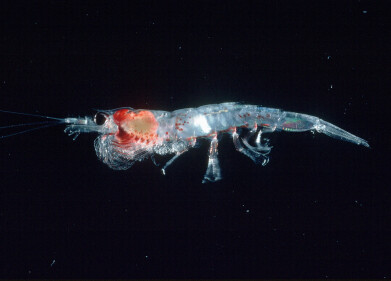Water/Wastewater
Greece failing to meet EU framework for bodies of water
Jan 06 2012
Recent research conducted by scientists at Thessaloniki University has revealed that none of the 15 large lakes in Greece can be considered healthy, Ansa Med have reported.
The researchers have also expressed concerns over the level of cyanobacteria (blue algae) and dangerous cyanotoxins produces by the lakes, pointing to a lack of government attention as being a significant contributor.
In accordance to European law, Greece is required to monitor the health of the lakes within the country. However, a biology professor at Thessaloniki's Aristotle University told the Kathimerini newspaper that there is little or no information on the ''health'' of at least 20 of Greece's 50 lakes, with sources at the university believing that scientists currently working for the government know less about the lakes than what was known ten years ago.
Greece was recently brought before the European Court of Justice over the health of Lake Koronia in the prefecture Thessaloniki. With from fertilisers and pesticides, uncontrolled irrigation in agriculture and the disposal of urban and industrial waste being cited as the main cause of the degradation of Greek lakes.
Posted by Lauren Steadman
Events
Carrefour des Gestions Locales de L'eau
Jan 22 2025 Rennes, France
Jan 29 2025 Tokyo, Japan
Feb 05 2025 Nantes, France
Feb 16 2025 Kampala, Uganda
Feb 26 2025 Chennai, India




-as-feedstock.jpg)





